
Commanders' Dan Snyder fined $60 million for sexually harassing employee, financial improprieties
The NFL says Washington Commanders owner Dan Snyder sexually harassed a team employee and oversaw team executives who deliberately withheld millions of dollars in revenue from other clubs
2023-07-21 07:27
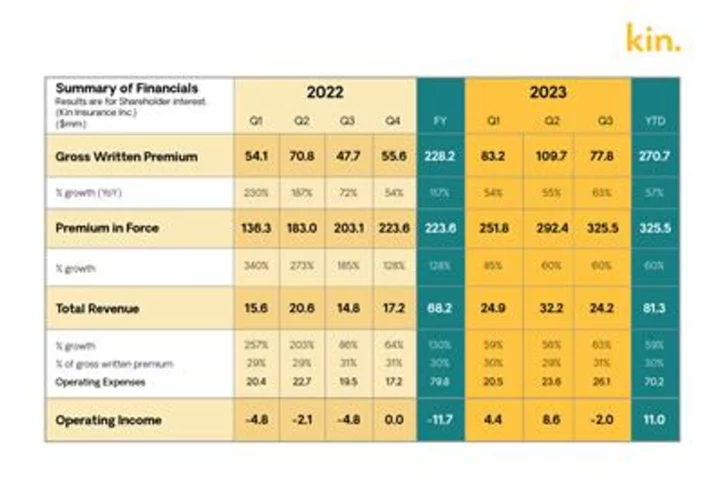
Kin Increases Gross Written Premium by 63% Year-Over-Year, Surpasses $270M in 2023
CHICAGO--(BUSINESS WIRE)--Nov 13, 2023--
2023-11-13 23:28

Where is College GameDay this week? Week 3 schedule, location, TV and guest picker
Where will ESPN College GameDay take place in Week 3? Here is all of the information you need to know, including the TV schedule and who will be the guest picker.
2023-09-10 06:28

Today's Hoda Kotb's 'cozy' friendship with co-host Jenna Bush Hager labeled 'fake' by body language expert
A body language expert's analysis raised questions about the authenticity of Hoda Kotb and Jenna Bush Hager's camaraderie on 'Today'
2023-11-30 13:52

'Not all heroes wear capes': Internet hails baseball umpire Aiden Wiles who pulled child from terrifying dust storm
A young baseball umpire bravely rescued a child from a dust devil storm during a 7 and under Mother's Day baseball tournament
2023-05-16 17:46
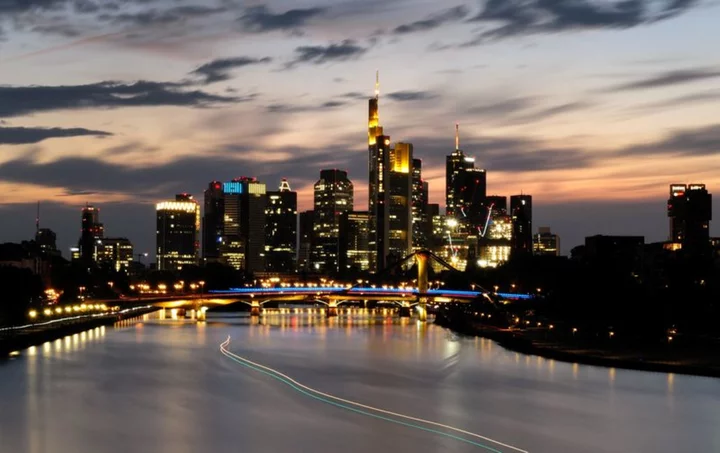
German economic growth to remain muted in near term - IMF
BERLIN The German economy has shown resilience over the last year thanks to a strong policy response and
2023-05-16 19:20

Who is Tierra Allen? Social Media influencer stuck in UAE following brief arrest for 'shouting in public'
Tierra Young Allen's passport has been confiscated by the authorities which unfortunately prevented her from leaving the UAE
2023-07-23 04:54

'Take Rosie with you': Cher gets the mega-troll treatment after saying she may leave US if Donald Trump is elected in 2024
Cher vowed to leave the US if Donald Trump is elected President again
2023-10-19 15:46
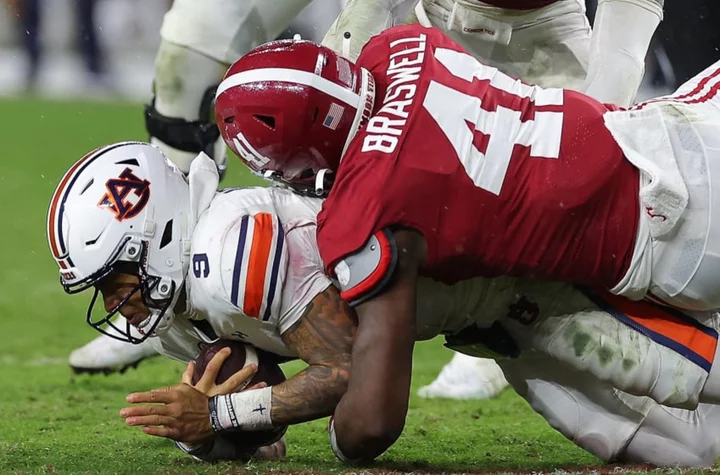
Red Flags: 5 college football teams on upset alert in Week 13
Check out which college football upset picks for Week 13 have these Top 25 ranked teams on upset alert in rivalry week.
2023-11-22 20:17

Actor Bijou Phillips files for divorce from Danny Masterson after rape convictions
Actor Bijou Phillips has filed for divorce from Danny Masterson, days after the former “That ’70s Show” star was sentenced to 30 years to life in prison for two rape convictions
2023-09-20 07:47

US airline pilots fight their unions to increase retirement age
By Rajesh Kumar Singh and Allison Lampert Bo Ellis has been a devoted member of the Air Line
2023-08-22 18:20
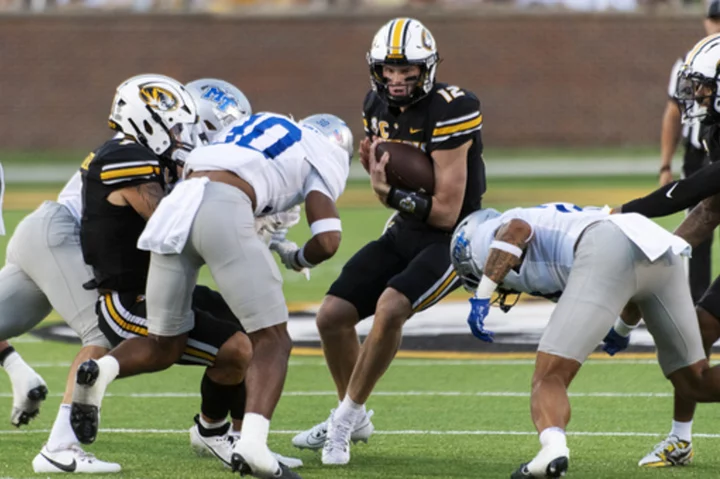
Cook throws for 2 TDs, runs for another to help Missouri beat Middle Tennessee 23-19
Brady Cook overcame a slow start to complete 14 of 19 passes for 204 yards and two touchdowns and rushed for another touchdown to help Missouri beat Middle Tennesse State 23-19
2023-09-10 10:58
You Might Like...

Michael Block: What I Would Shoot From Where Rory Hits Would Be Stupid
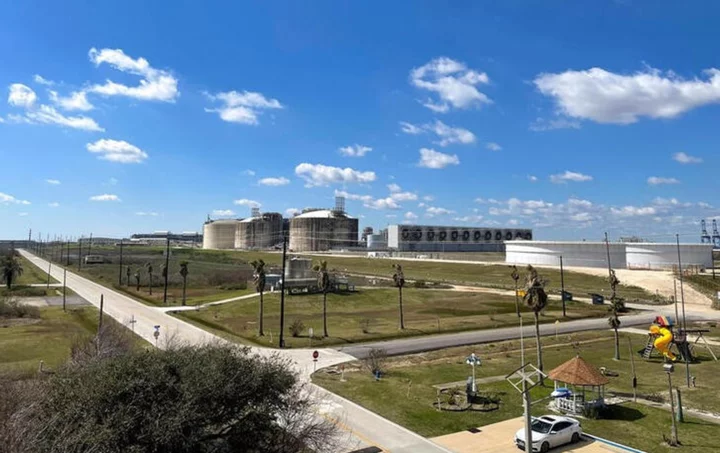
How shipping more US natural gas to Europe helped fuel CO2 pollution

Sean McDermott Goes Full Ron Burgundy, Lifts Kettlebells in His Office During Interview
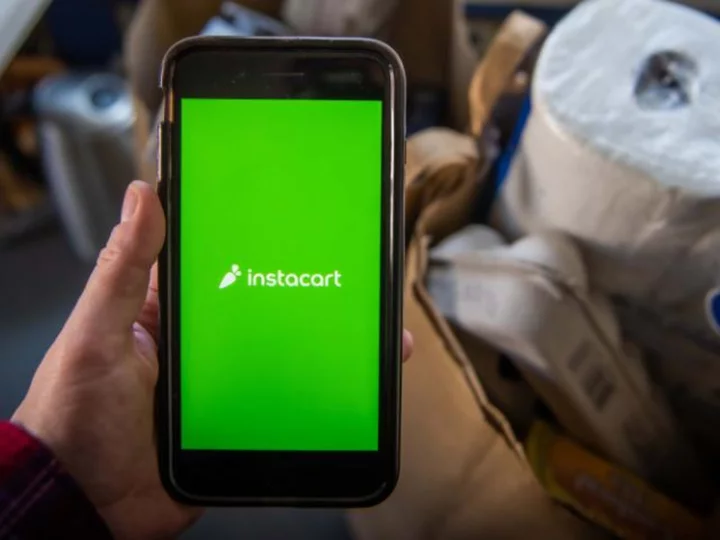
Instacart is in free fall as its valuation plunges
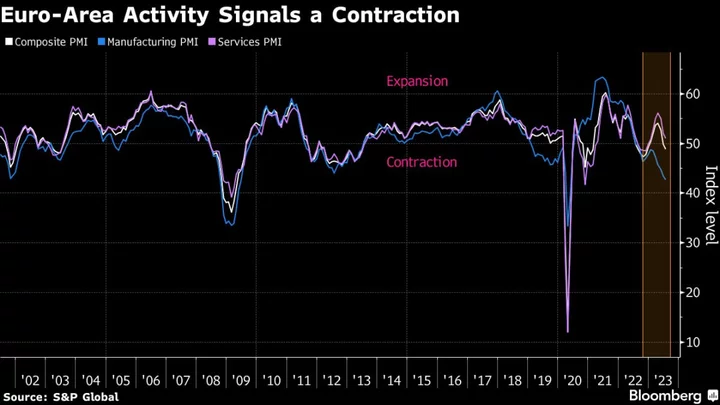
Euro-Zone Private Sector Contracts in Dire Start to Quarter
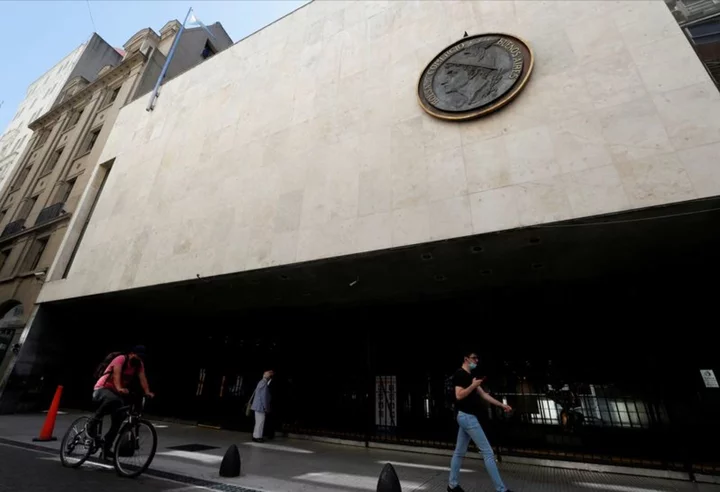
Hopes of political change, surging inflation lure hedge funds to Argentinian stocks
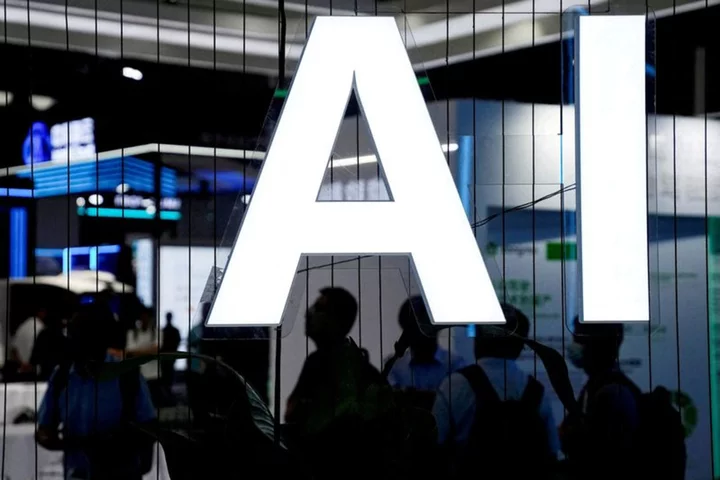
AI-generated art cannot receive copyrights, US court says

Where is Teri Copley now? Model back in spotlight after John Stamos reveals she cheated on him with Tony Danza
